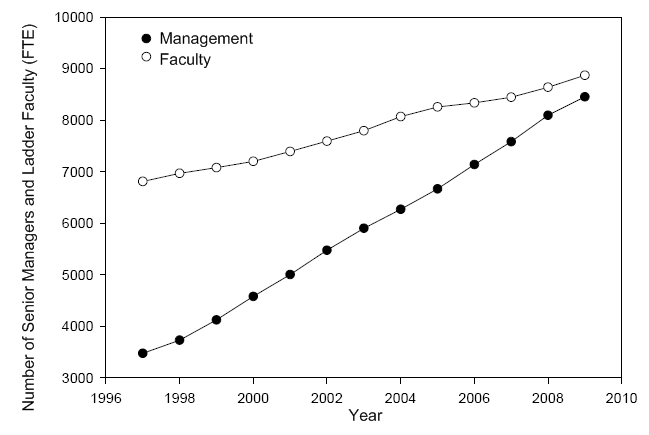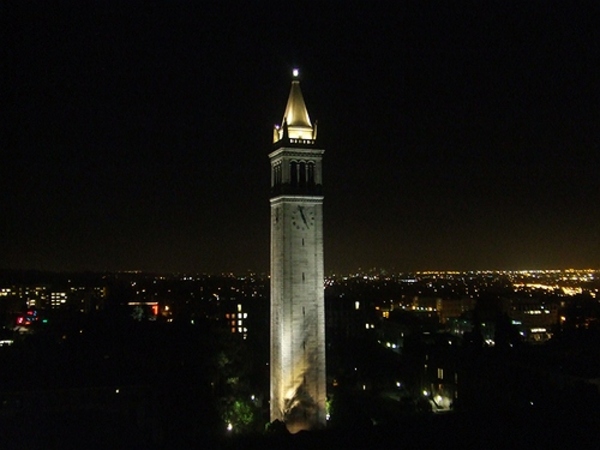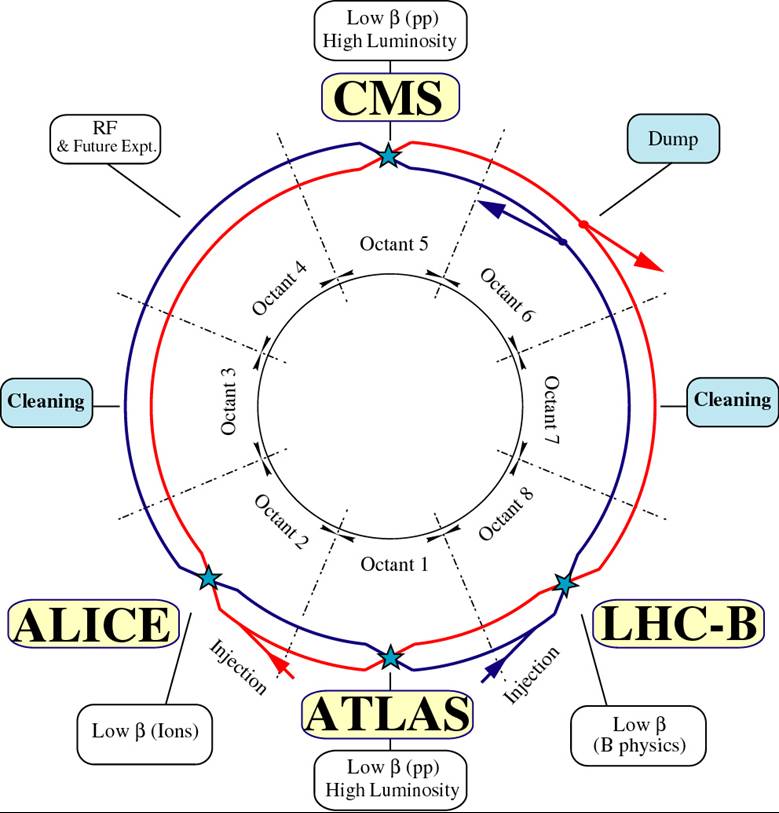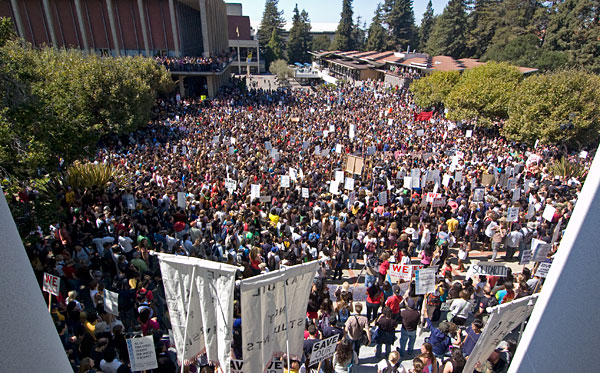CMS Beam Splash Event
By now
CMS has recorded well over 1000 beam splash events as the LHC prepares to run again. Beam splash is a term for the spray of particles produced when the LHC smashes a beam of protons into a block of material just upstream of the detector. The collision of the protons and the material produces a shower of new particles which make their way into the detector and deposit
a lot of energy , as shown above. We are just days away from circulating beams so the LHC is testing the machine, running beams of protons from point to point in the accelerator, one little step at a time. ATLAS is the last detector to see the beam splash since we are just before the point where the protons are injected into the LHC which you can see in the picture below. We expect single beams circulating in the LHC in a week or so and the first collisions, albeit at very low energy, by the end of the month.
As you can see, ATLAS is in the middle of the two injection points.
The return of protons to the LHC ring is an unavoidable sign that I will soon be leaving Berkeley. I plan to move to CERN at the end of January for a period of 6 to 9 months (if it's longer then things aren't going well). As you can imagine, the move provokes both excitement and anxiety, and honestly, anxiety is winning out because I don't like moving. I moved many times while I was young, following my dad's experiments, and while it didn't bother me at the time, it seems I've developed a strong aversion to resettling. Well, the fact that moving involves leaving Berkeley probably has something to do with it.
One my moving related neuroses is the fate of all the dried goods in my pantry and the hordes of god-knows-what in my freezer. Kyle is afraid of cooking and I don't think my friends want the bags upon bags of french lentils and kamut flakes I have lying around. So I've been trying to use up some of the forgotten items when I can, which brings me to the recipes I want to share today.
A beautiful pink small pink beet from one of our previous CSA shipments
A bunch of three enormous beets, still attached to their greens, came in our CSA box this week. One of my favorite dishes to make with the small golden or pink beets is pasta tossed with roasted beets, the sauteed beet greens and goat cheese. I planned to make it again, but as I was trying to decide which pasta to use I remembered that I had a couple nearly finished boxes of lasagna noodles I wanted to use and so the following beet lasagna was born. It is actually pretty healthy as there isn't too much cheese and the sauce is made from 1% milk, not cream. The beets are nutritious, delicious and meaty and their greens have a lovely flavor and texture.
Dessert First!
We also received quite a few persimmons in our box, so I decided to make a tart with them and the sheet of puff pastry which had spent an indeterminate amount of time in the corner of my freezer. I basically tossed the sliced fruit with some sugar and lemon juice, then arranged it on the puff pastry and baked it for about 40 min, et voilà, dessert. There were some gorgeous organic strawberries from a local farm at the market, which was very strange considering how long ago strawberry season past, but I bought them anyways and topped the persimmons with a strawberry compote.
Lasagna with Beets, Greens and Goat Cheese
Lemon Bechamel
3 cups milk
1 bay leaf
1/3 cup finely diced onions
5.5 Tbsp butter
5.5 Tbsp flour
2 meyer lemons (or 1 regular lemon)
salt
pepper
3 large beets with greens
The dark red traditional beets bleed all over whatever you put them with, so I try to avoid using them when I can. They taste fine, however. Also, you could use any greens if you can't find beets with them still attached.
3 garlic cloves, minced
diced onion (whatever is left over from the onion you used for the bechamel)
1-2 pinches of red pepper
5 oz goat cheese
salt, pepper and olive oil as necessary
Wrap each beet, unskinned and greens removed, in foil and put in the oven at 400F. If they were ginormous like mine, they will take at least an hour to cook all the way through. If they are small they will only take about 30 min. When they are ready they will be soft to the touch and the skin will slough off easily.
To make the bechamel: heat the milk with a 1/2 cup of diced onion and a bay leaf in a sauce pan until it is just about to boil, then remove it from the heat and let it steep for 15 minutes. Melt the butter over medium heat then add the flour, stirring vigorously for 2 minutes. Pour the milk into the pan through a strainer and whisk (with a whisk) until it thickness, a minute or two. Continue to stir it until it boils then put it in a double boiler over low heat and cook for 25 or 30 min, stirring occasionally. Lastly stir in the lemon juice and add salt and pepper to taste.
Prepare the greens by removing their stems and roughly chopping the leaves. You can either steam the leaves or saute them. Chop the stems into 1 in pieces.
Heat some olive oil in a skillet with a pinch or two of red pepper flakes then add the garlic and onion and cook for a few minutes, then add the stems of the beet greens and saute until the onions are translucent and the stems are soft. You can now either add the leaves and saute them or add the already steamed leaves. In either case the leaves should be soft. Season with salt and pepper and set aside. Try to remove any additional liquid which is pooling in the bottom of the pan.
Once the beets are done, cut them into 1/2 in slices. I cut my big ones in half lengthwise first to make more manageable pieces. Now its time to assemble. Take a 9x13 baking dish and put a 1/4 of the bechamel on the bottom. Put a layer of lasagne noodles then half of the greens. then almost half of the beets and sprinkle with 1/3rd of the goat cheese. Put another 1/4 of the sauce, and repeat with the noodles, greens, beets and goat cheese. Top with a layer of noodles (there are 3 in total), the remaining sauce and goat cheese. I had some beets left over so I chopped them up and put them on top.
Cover with foil and bake at 400F for 30 min, then remove the foil and broil for a minute or so, until the top is brown. A gremolata probably would've been awesome but I didn't think of it until today.
This picture of leftovers doesn't do it justice.



























